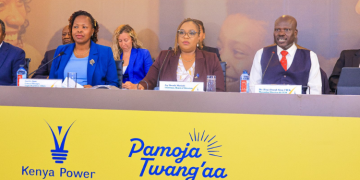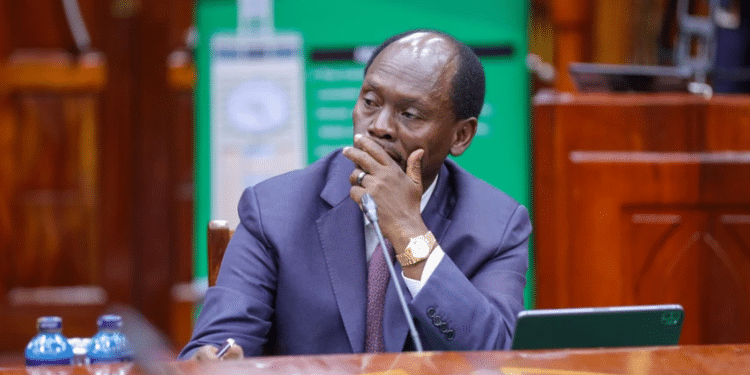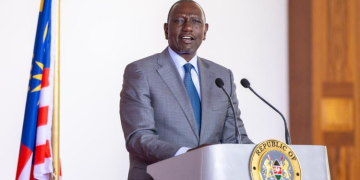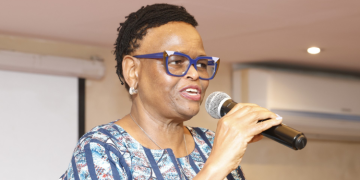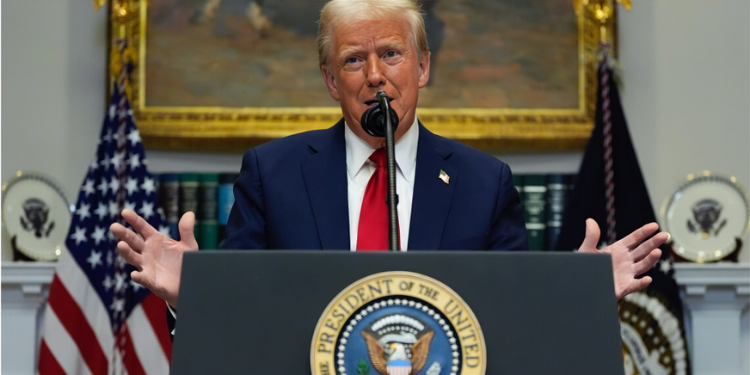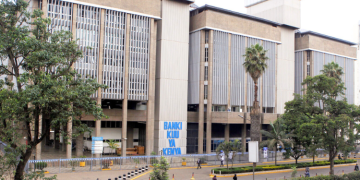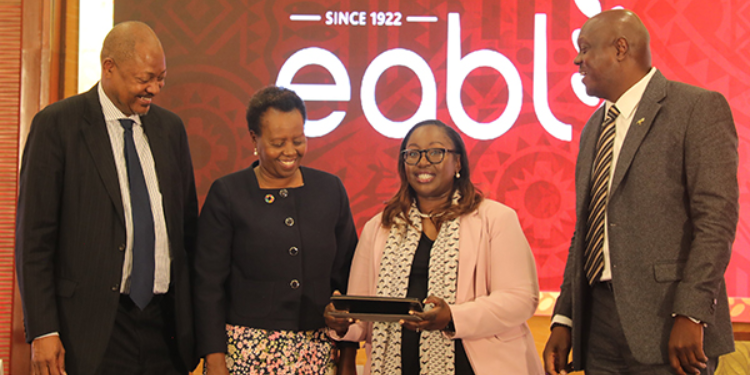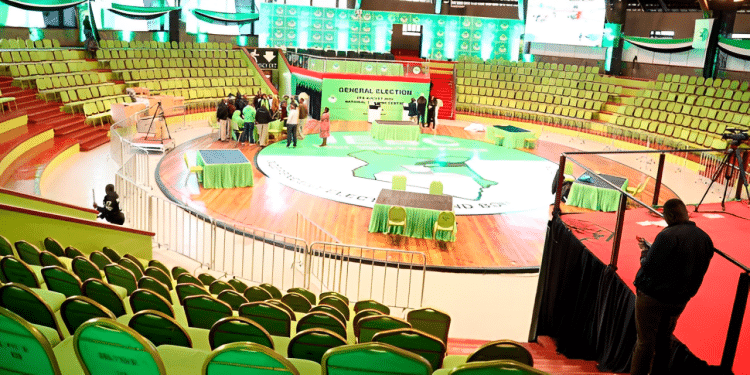As Kenya prepares for its next general election in 2027, alarm bells are already ringing over the credibility of the electoral process.
Former Independent Electoral and Boundaries Commission (IEBC) CEO James Oswago has issued a sobering warning: unless urgent reforms are undertaken, the elections could be compromised.
According to Oswago, there are seven key ways in which elections in Kenya are rigged — a reality that has plagued the country’s democratic process for decades. He insists that if Kenyans want credible, free, and fair elections, they must begin by fixing these systemic flaws.
-
Gerrymandering: Drawing Lines to Favour the Powerful in Election
Gerrymandering, or the manipulation of electoral boundaries, is a subtle but powerful tactic used to tilt elections in favor of certain political interests.
By redrawing constituency or ward lines, powerful actors can dilute the voting power of opponents or concentrate support in targeted areas. The result is a distorted representation — and a broken promise of fair democracy.
-
Ballot Stuffing: Extra Votes, False Results
Ballot stuffing involves the illegal addition of votes into the ballot box. Whether done at polling stations, during transport, or at tallying centres, this practice undermines the principle of one person, one vote. It remains one of the most visible and damaging forms of electoral fraud.
-
Ballot Purchase: When Votes Are Bought, Not Earned
In many Kenyan elections, cash and material gifts are exchanged for votes — especially in marginalized and economically vulnerable communities.
This practice of ballot purchase, or vote-buying, reduces elections to auctions and limits the power of choice for ordinary citizens.
-
State Violence: Intimidation as a Political Tool
Oswago notes that the use of force or intimidation by state agencies — particularly police or provincial administration — is another way elections are manipulated.
Violence or the threat of it can keep opposition supporters away from the ballot box, distort voter turnout, and create an atmosphere of fear and chaos.
-
Digital Manipulation: Hacking the Will of the People
With Kenya’s embrace of technology in voting — including biometric registration and electronic result transmission — digital manipulation has emerged as a modern threat.
Hackers, insiders, or compromised service providers can alter results, crash systems, or tamper with voter data, raising serious questions about the integrity of the outcome.
- Integrity of the Electoral Management Body (EMB)
According to Oswago, no election can be free and fair without a credible, impartial, and well-prepared Electoral Commission.
Also Read: Can Elections Be Held in 2026?
When electoral officials are seen as politically compromised or technically unfit, confidence in the process evaporates. The IEBC’s credibility is therefore central to the legitimacy of any poll.
- Manipulation of Election Supervisors’ Reports
Election observers, monitors, and supervisors are supposed to provide oversight and transparency. However, when their reports are manipulated, edited, or silenced, the truth is buried.
This tactic allows irregularities to be covered up and undermines public trust in post-election assessments.
A Nation at a Crossroads
Oswago’s warning is timely. The IEBC remains without a fully constituted commission following the resignation of key members after the 2022 general election.
With only two years to go until the next national polls, there is growing concern that the institution is not adequately prepared.
“The commissioners we currently see being considered are underprepared,” Oswago said. “If Kenyans want an election where the election is perfect, everything starts with rectifying the above.”
What Needs to Be Done
The roadmap to credible elections begins with rebuilding the IEBC, ensuring transparency in recruitment, enhancing electoral law enforcement, and strengthening civic education.
Stakeholders must also demand accountability from political actors and resist the politicization of institutions that are meant to serve the public interest.
Also Read: IEBC Selection Panel Responds to Claims of Sneaking Six Candidates into Interviews
Civil society, faith-based organisations, and the international community have a role to play — but ultimately, it is Kenyan voters who must remain vigilant.
The Final Word
Kenya’s electoral journey has been long and at times painful. From post-election violence to disputed results, the country knows too well the cost of flawed polls. Oswago’s exposé is not just a warning — it’s a call to action.
If Kenya is to secure its democratic future, the time to act is now.
Follow our WhatsApp Channel and X Account for real-time news updates.


